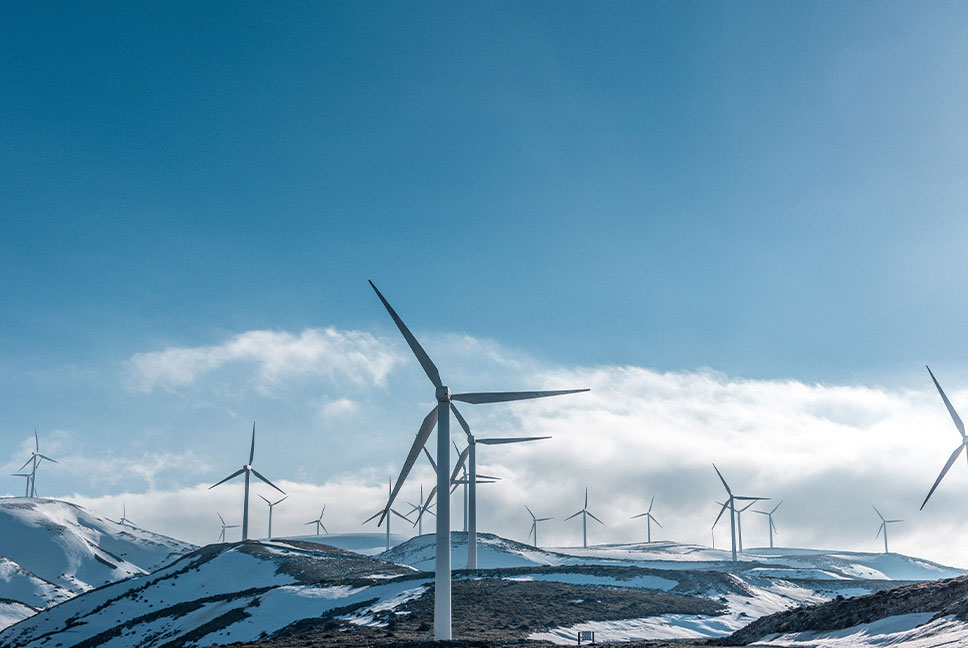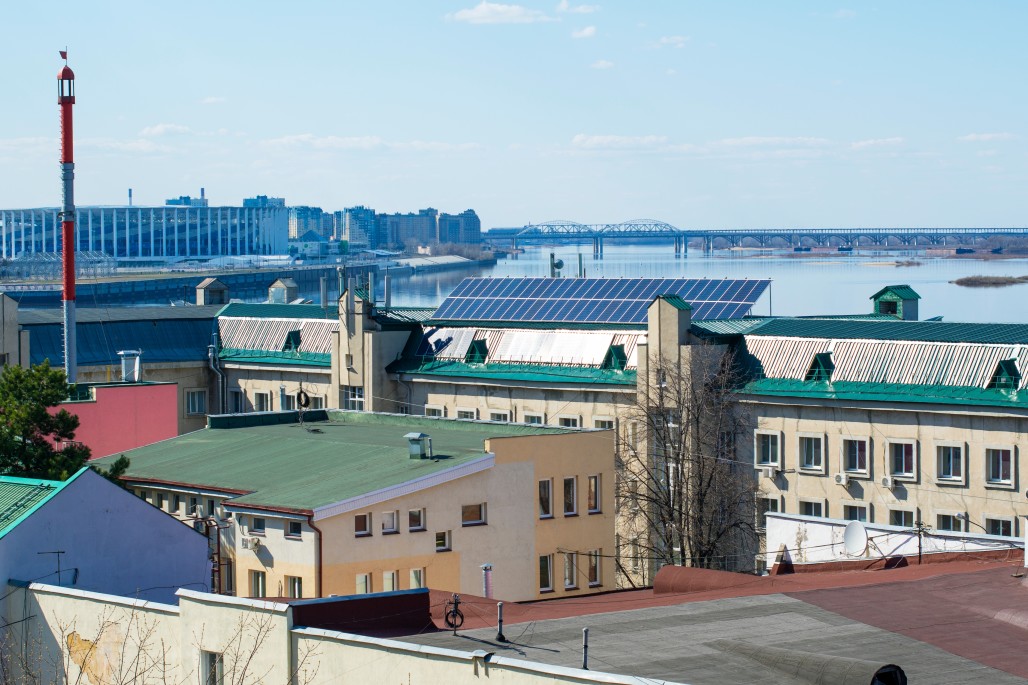Octopus Group’s investment trust Octopus Renewables has introduced its first venture in the form of a wind farm in Sweden, with construction expected to be completed by 2021. This construction-ready project is being developed by renewable energy firm OX2 for cash consideration.
In line with the company’s quest to becoming an industry leader in the renewables sector, Octopus Energy unveiled three new energy tariffs for businesses that own solar power.
This new offering by the supplier is made to bring a singular informative bill that helps companies track their energy usage and generation.
Owning Swedish Wind
The Octopus Renewables Infrastructure Trust (ORIT) has revealed the first-ever investment of the company, confirming that it has acquired the 48-MW Ljungbyholm windfarm in Sweden.
The project is ready for construction and is a collaboration with the renewables developer OX2 under a cash consideration agreement. It also includes €68-million payments for future development.
ORIT now owns the wind farm situated in south Sweden’s Kalmar municipality. The project is intended to start shortly and be completed as soon as mid-2021 rolls around. The firm targets the second half of next year as the inauguration of operations for the wind farm.

Phil Austin, ORIT chairman, expressed his delight in announcing the company’s first investment, which marks the beginning of the firm’s plans to build a diversified portfolio. ORIT is aiming to have several energy assets that will help the nation achieve its legally-binding net-zero economy targets by 2050.
An OX2 affiliate will handle the construction of the project, which will be paid via a fixed price turnkey contract. The Ljungbyholm windfarm will be consist of twelve turbines with an operating life expectancy of 30 years.
In December 2019, the Octopus Renewables Infrastructure Trust raised £350 million in gross proceeds during its London Stock Exchange initial public offering. It is now on the verge of investing in construction, turnkey, and operational renewables infrastructure assets within the UK, Europe, and Australia.
The Swedish windfarm investment marks the first among the many opportunities that Octopus has considered or actively pursued on the trust’s behalf. The said project is about 17% of the firm’s net IPO proceeds.
Chris Gaydon, Octopus Renewables investment director, said they are pleased to invest in the innovative wind turbine technology, adding that their first acquisition highlights the wind resource that makes Scandinavia an attractive market. He also said the project could drive further opportunities to collaborate with OX2, which is a leading Scandinavian renewable energy developer.
Tariffs for Business
Octopus Energy for Business (OEB) under the Octopus Group has introduced three tariffs that are suitable for companies that own solar power.
This set of new tariffs called Panel Power will be offering a fixed single, Agile and Tri-band tariffs, with the addition of a 4p per kWh export tariff.

According to the OEB, the objective of Panel Power is to simplify energy generation, usage, and export. The new tariffs will allow businesses to receive a single bill that has the information they need regarding the total power generated, electricity used, and the amount of energy sent back to the grid.
The three new tariffs are designed to enhance companies’ pursuit of a cleaner and more sustainable energy. It is also an answer to Ofgem’s removal of the Feed-in Tariff or the FiT scheme, which ended in March 2019 and was replaced by the Smart Export Guarantee or SEG last January 2020. However, the removal of FiT created a sizeable gap in the market.
OEB Chief Executive Zoisa Walton stated the removal of FiT made it financially uncertain for businesses owning solar installers and panels. The company aimed to do more than just creating an export tariff, which has driven them to create Panel Power.
Walton further said companies would be considering to switch to their tariffs to contribute to the net-zero goals and tackle climate change by producing their renewable energy.
